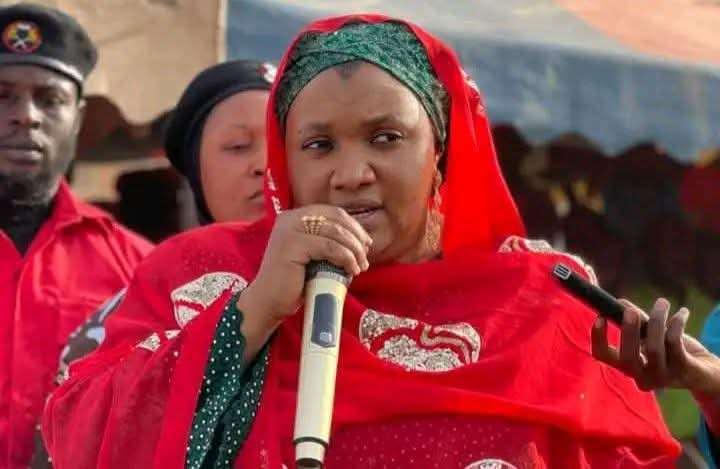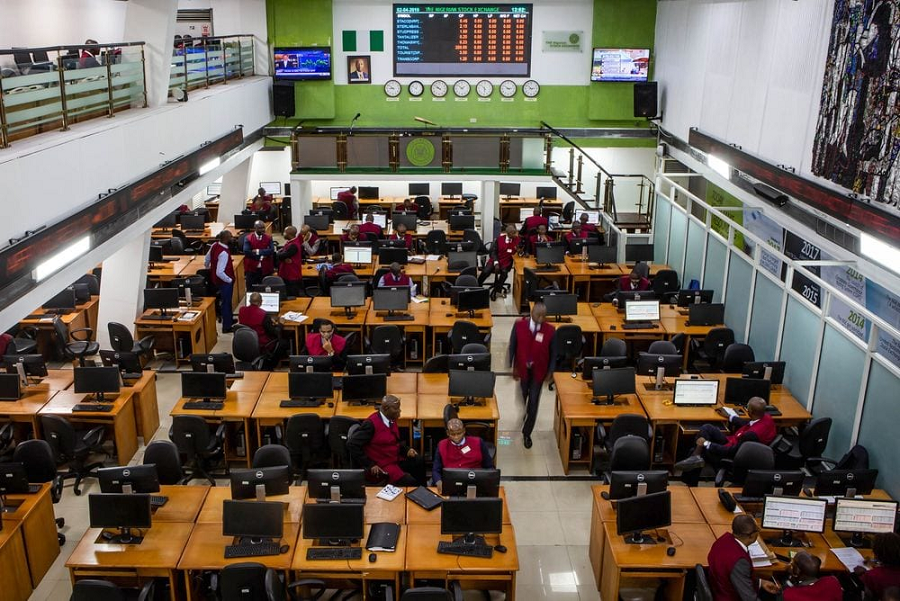The Democratic Alliance, a key partner in South Africa’s coalition government and the country’s second-largest political party, has proposed repealing legislation aimed at increasing Black employment. The party announced on Monday that it would introduce an “Economic Inclusion for All” bill to replace the contentious Black Economic Empowerment (BEE) laws. This move would amend the Public Procurement Act of 2024, which currently gives preference to companies that are Black-owned or managed when bidding for government contracts.
According to the Democratic Alliance, the BEE system has failed to benefit the majority of Black people, instead leading to job losses, corruption, and favoritism towards individuals with political connections. The party is also advocating for the removal of references to Broad-Based Black Economic Empowerment, the African National Congress’s flagship affirmative action program, from all legislation.
The issue of addressing the legacy of white-minority rule has long been a source of tension in South Africa. The African National Congress argues that BEE legislation is necessary for redress and has accused the Democratic Alliance of protecting white interests. However, the Democratic Alliance denies this accusation.
President Cyril Ramaphosa has downplayed the proposal, reaffirming the government’s commitment to its transformation agenda. The debate surrounding BEE legislation highlights the ongoing challenges in addressing economic inequality and promoting inclusive growth in South Africa. As the country continues to grapple with the legacy of its past, the proposed changes to the BEE laws are likely to be closely watched by stakeholders and could have significant implications for the country’s economic development.
The introduction of the “Economic Inclusion for All” bill is a significant development in South Africa’s ongoing efforts to promote economic empowerment and address the disparities created by the country’s history of white-minority rule. As the proposal makes its way through the legislative process, it is likely to be subject to intense scrutiny and debate. The outcome of this process will have important consequences for the country’s economic landscape and its efforts to promote greater inclusivity and equality.



